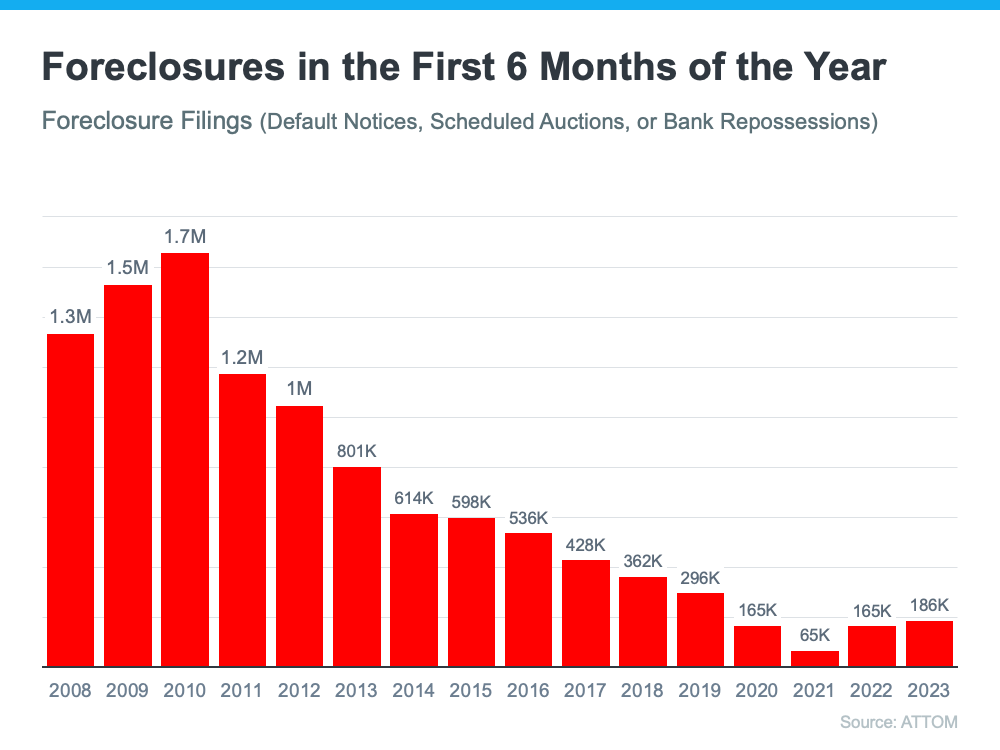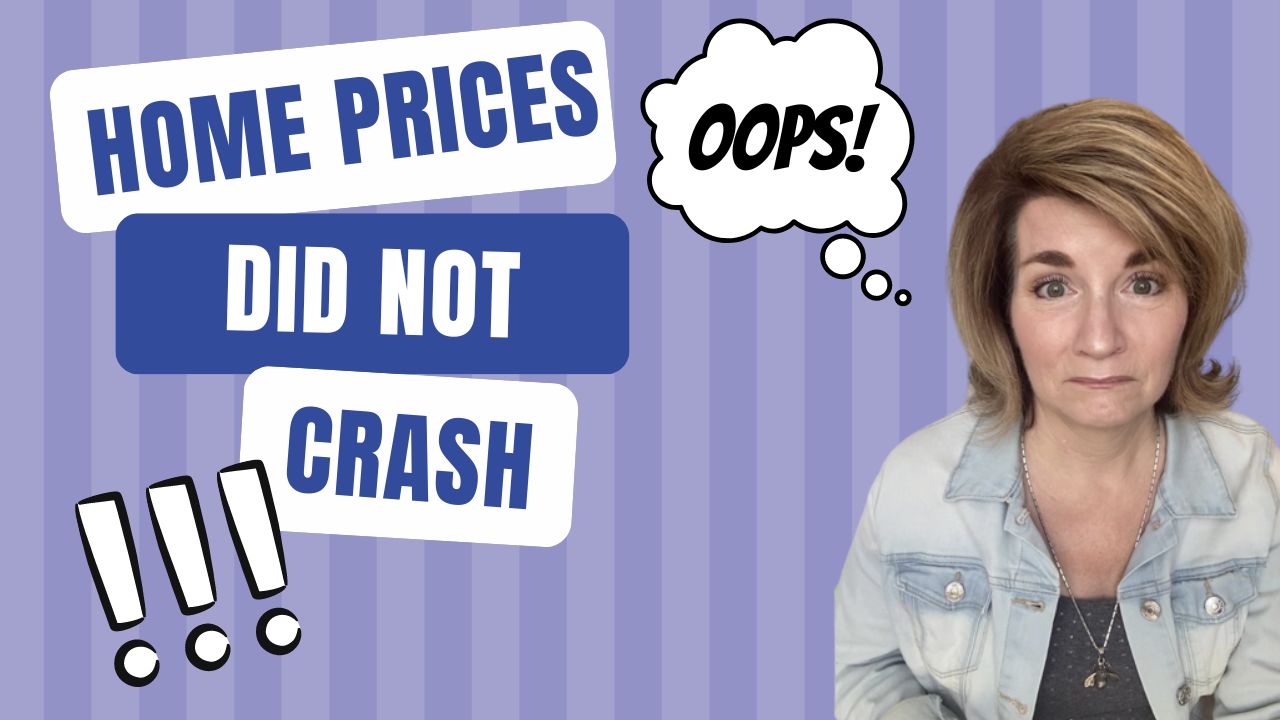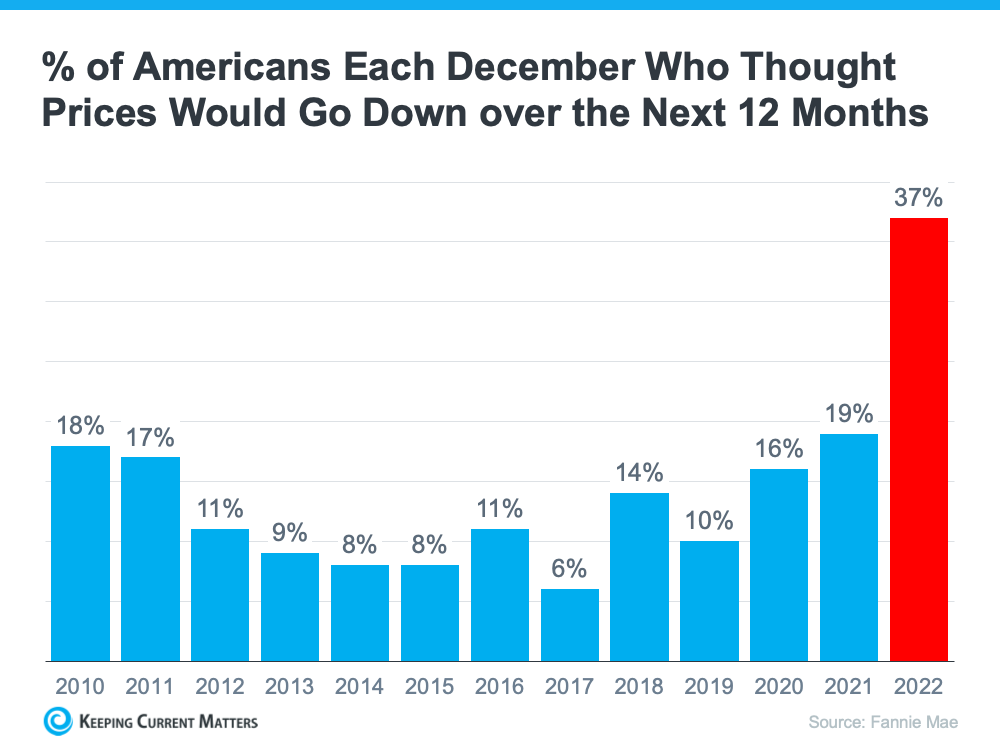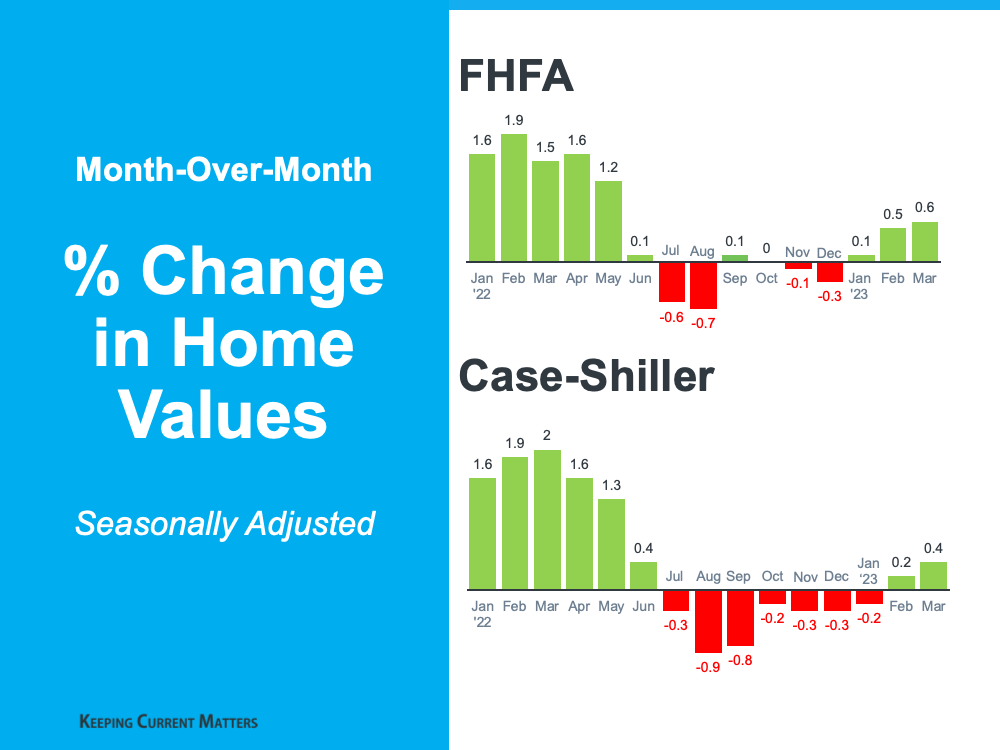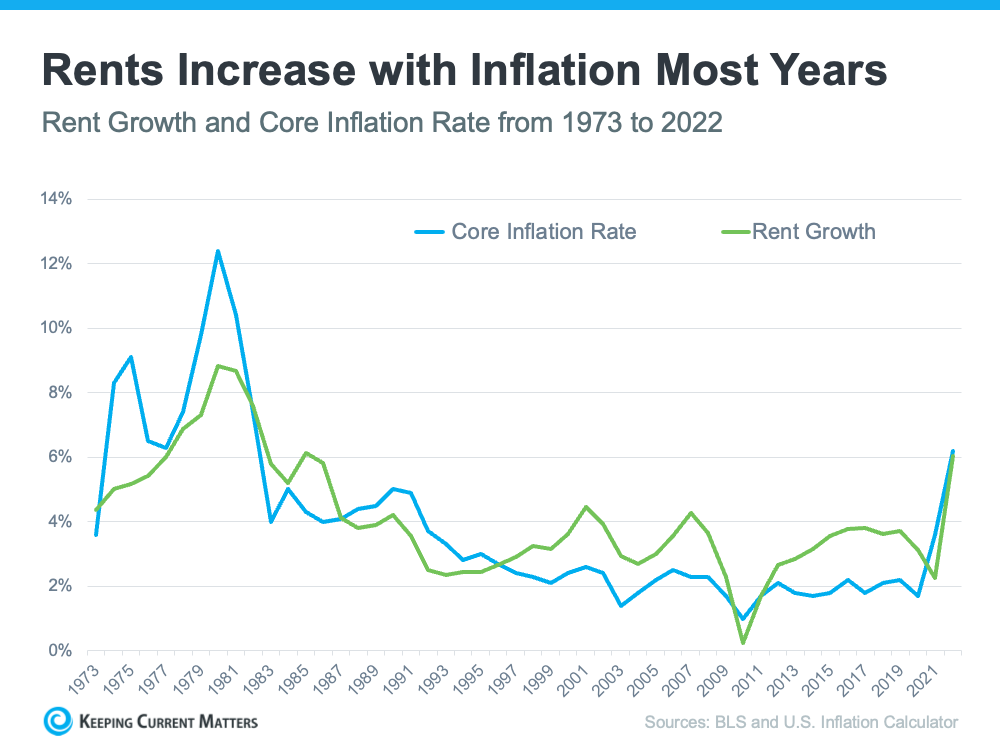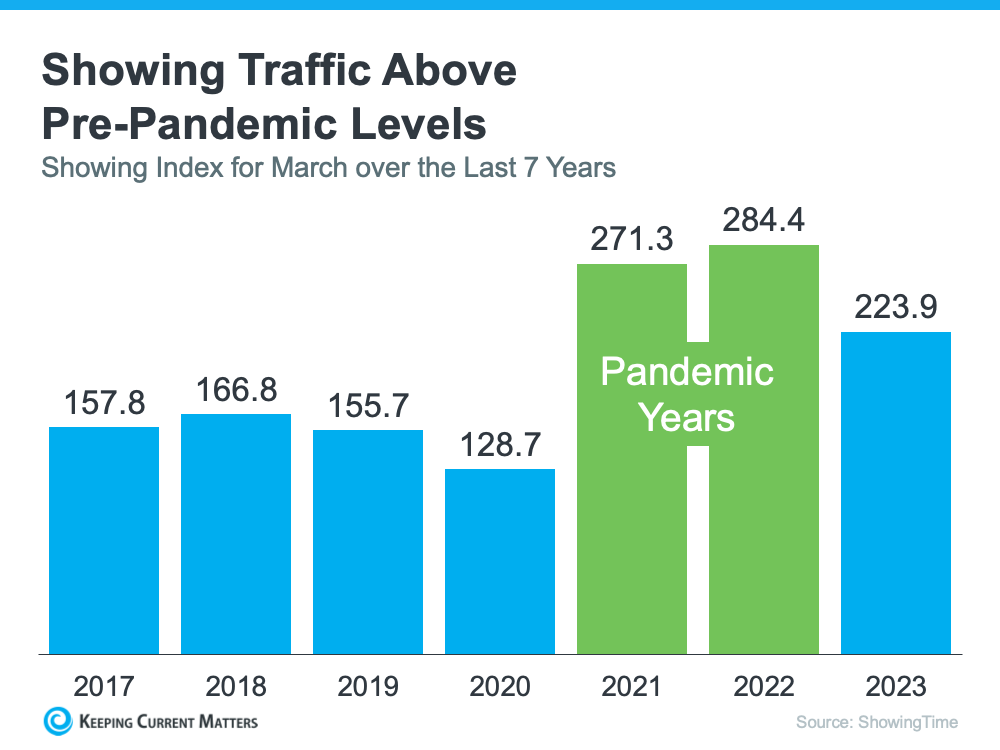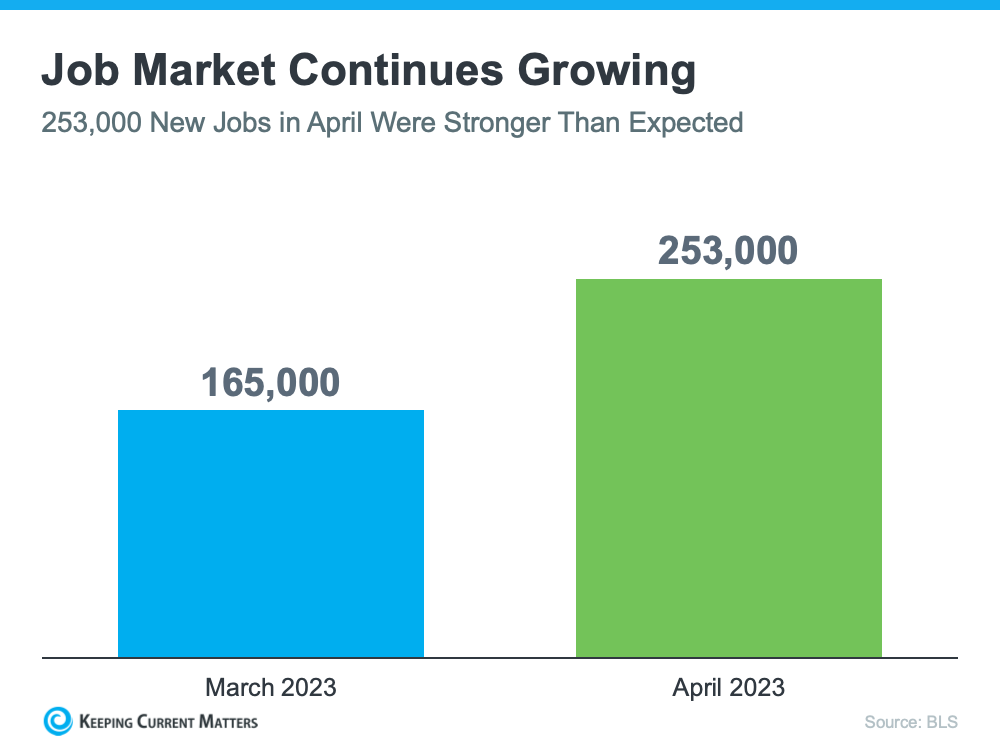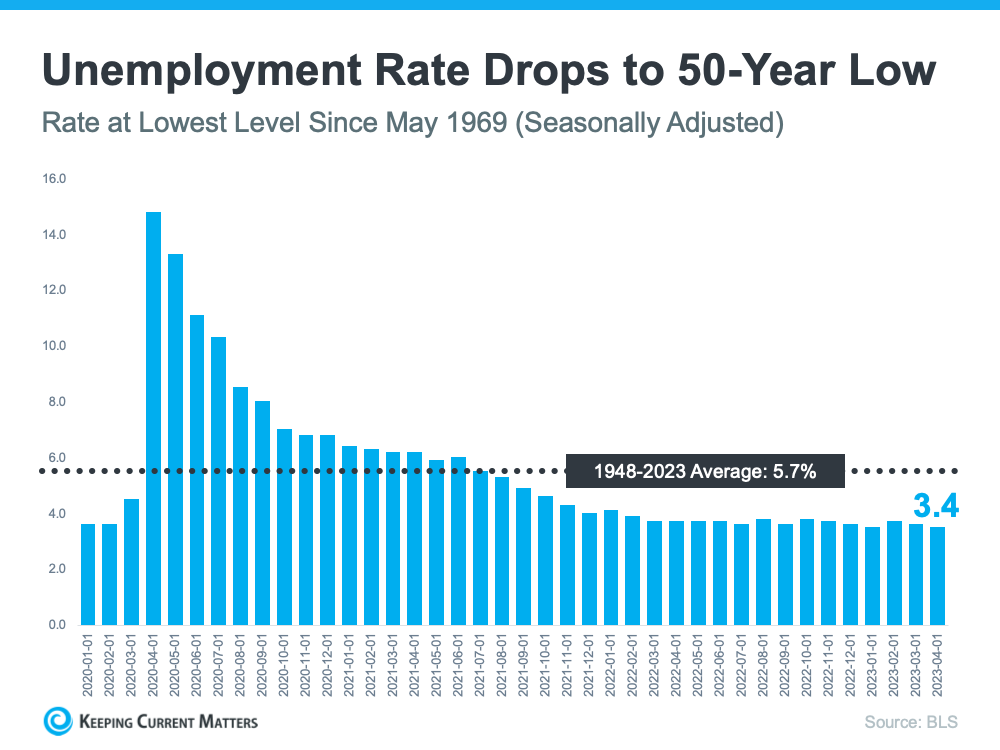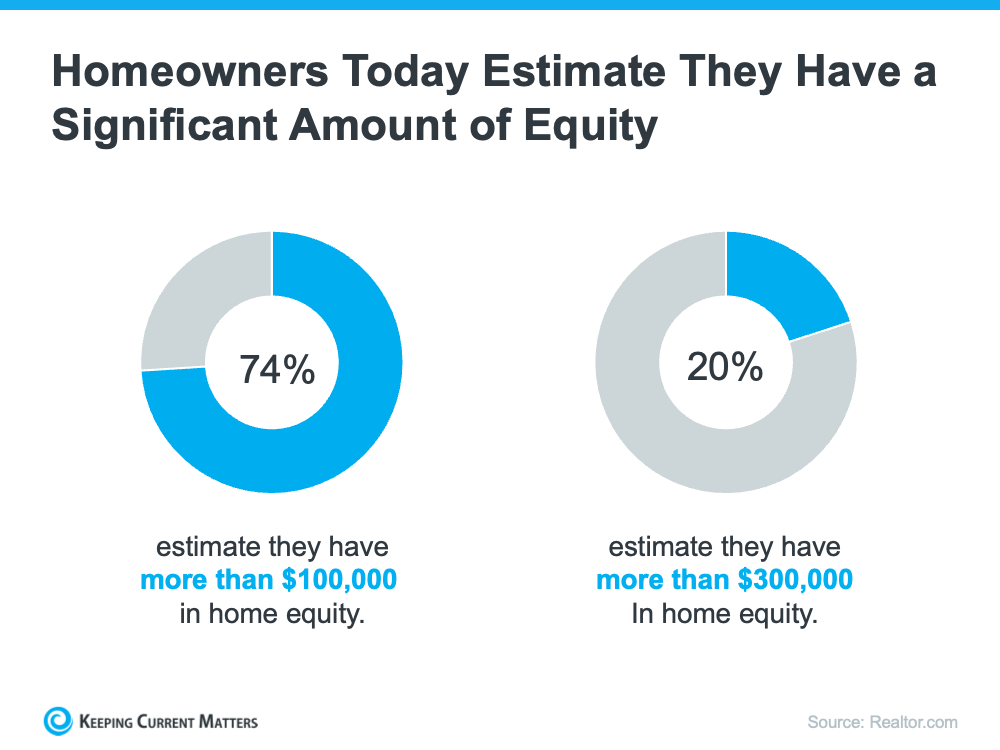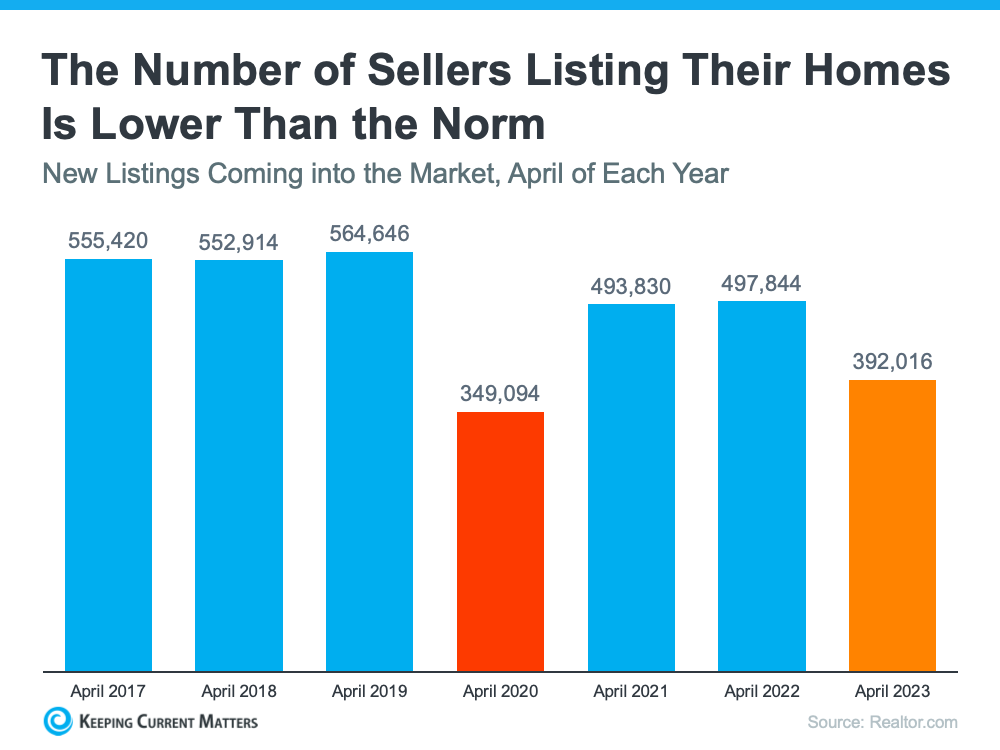The Benefits of Selling Now, According to Experts


If you’re trying to decide if now’s the time to sell your house, here’s what you should know. The limited number of homes available right now gives you a big advantage. That’s because there are more buyers out there than there are homes for sale. And, with so few homes on the market, buyers will have fewer options, so you set yourself up to get the most eyes possible on your house.
Here’s what industry experts are saying about why selling now has its benefits:
Lawrence Yun, Chief Economist at the National Association of Realtors (NAR):
“Inventory levels are still at historic lows. Consequently, multiple offers are returning on a good number of properties.”
Selma Hepp, Chief Economist at CoreLogic:
“We have not seen the traditional uptick in new listings from existing homeowners, so undersupply of housing will continue to heighten market competition and put pressure on prices in most regions. Some markets are already heating up considerably, but price premiums that we saw last spring and summer are unlikely.”
Clare Trapasso, Executive News Editor at Realtor.com:
“Well-priced, move-in ready homes with curb appeal in desirable areas are still receiving multiple offers and selling for over the asking price in many parts of the country . . .”
Jeff Tucker, Senior Economist at Zillow:
“. . . sellers who price and market their home competitively shouldn’t have a problem finding a buyer.”
Bottom Line
If you’re thinking about selling your house, connect with a real estate advisor who can share the expert insights you need to make the best possible move today.
Powerful Job Market Fuels Homebuyer Demand


The spring housing market has been surprisingly active this year. Even with affordability challenges and a limited number of homes for sale, buyer demand is strong and getting stronger.
One way we know there are interested buyers right now is because showing traffic is up. Data from the latest ShowingTime Showing Index, which is a measure of buyers actively touring homes, makes it clear more people are out looking at homes than there were prior to the pandemic (see graph below):
And though there’s less traffic than the buyer frenzy of the past couple of years, we’re not far off that pace. There are a lot of interested buyers checking out available homes right now.
But why are buyers so active at a time when mortgage rates are higher than they were just last year?
The Job Market Is Growing at a Stronger-Than-Expected Pace
With inflation still high, the Federal Reserve (the Fed) repeatedly hiking the Federal Funds Rate, and a lot of chatter in the media about a recession, it might surprise you just how strong today’s job market is. What might be even more surprising is the fact that it appears to be getting stronger (see graph below):
Each month, the Bureau of Labor Statistics (BLS) reports how many new jobs were added to the U.S. job market. The graph above shows 88,000 more jobs were created in April than in March. In fact, the April numbers beat expert projections. That’s a solid indicator the job market is growing.
Unemployment Is at a Near All-Time Low
Ever since the Fed began fighting inflation, many people expected the low unemployment rate we’ve seen over the past couple of years to rise – but that hasn’t happened.
In fact, what has happened is the unemployment rate has dropped to 3.4% – a 50-year low (see graph below):
With so many people steadily employed and financially stable right now, they’re still able to seriously consider buying a home.
What This Means for You
If you’re thinking about selling your house this year, a market with active buyers is music to your ears. That’s because there’ll be increased interest in your home when you put it on the market, especially at a time when the number of homes for sale is so low.
To get started, your best resource is an experienced real estate agent. They can help you price your house appropriately, navigate the offers you’ll receive, negotiate effectively, and minimize your stress and hassle.
Bottom Line
There are plenty of buyers out there right now trying to find a home that fits their needs. That’s because the job market is strong, and many people have the stable income needed to seriously consider homeownership. To put your house on the market and get in on the action, reach out to a trusted real estate agent.
The Best Time To Sell Your House Is When Others Aren’t Selling


If you’re thinking about selling your house, you should know the number of homes for sale right now is low. That’s because, this season, fewer sellers are listing their houses for sale than the norm.
Looking back at every April since 2017, the only year when fewer sellers listed their homes was in April 2020, when the pandemic hit and stalled the housing market (shown in red in the graph below). In more typical years, roughly 500,000 sellers add their homes to the market in April. This year, we saw fewer than 400,000 sellers entering the market in April (see graph below):
While there are several factors contributing to this trend, one thing keeping inventory low right now is that some homeowners are reluctant to move when the mortgage rate they have on their current house is lower than the one they could get today on their next house. It’s called a rate lock.
As a recent survey from Realtor.com explains, 56% of people who are planning to sell in the next 12 months say they’re waiting for rates to come down.
While this wait-and-see approach is right for some sellers, it also creates an opening for more eager sellers to jump in now.
If your current house truly doesn’t fit your needs anymore and you’re ready to move, don’t miss this chance to stand out. When fewer sellers put their homes up for sale, buyers will have fewer options, so you set yourself up to get the most eyes on your house. That’s why your house could see multiple offers as buyers compete over the limited supply of homes for sale – especially if you price it right.
As Lawrence Yun, Chief Economist at the National Association of Realtors (NAR), says:
“Inventory levels are still at historic lows . . . Consequently, multiple offers are returning on a good number of properties.”
Bottom Line
If you’re ready to sell now, beat the competition before it comes onto the market. If you do, your house should stand out and could get multiple offers—partner with a real estate professional to get your home on the market.

 Facebook
Facebook
 X
X
 Pinterest
Pinterest
 Copy Link
Copy Link

